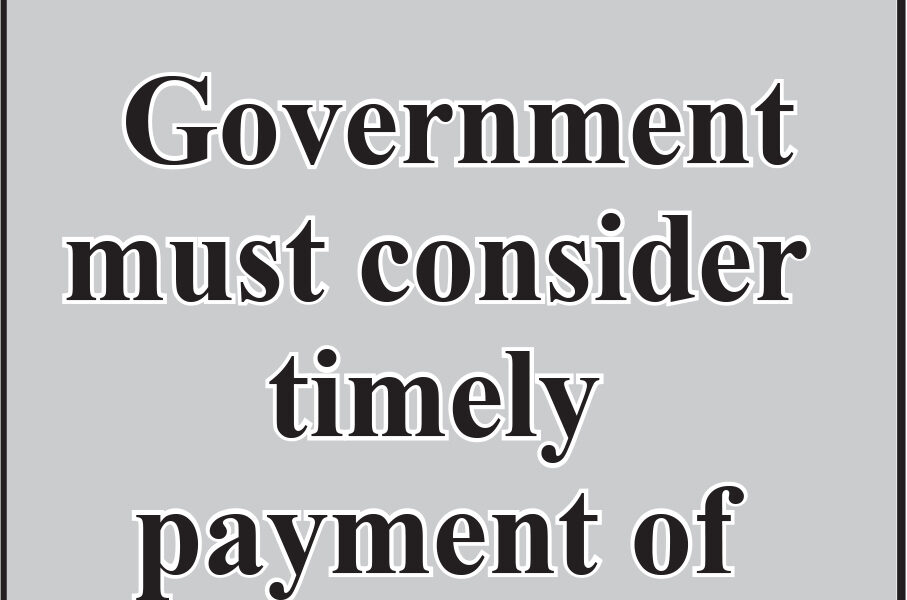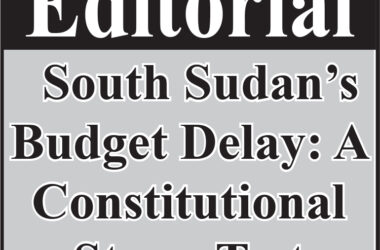Government must consider timely payment of salaries
Timely salary payments is a fundamental expectation in any workplace. However, when salaries are delayed, the consequences can be destructive, affecting employees’ financial stability, mental well-being, and overall workplace dynamics.
Civil servant suffers as financial hardships mount, morale declines and trust disappear.
The negative impacts of delayed salaries create a ripple effect that disrupts employees’ financial security, mental health, and workplace morale while also damaging the company’s reputation and operational stability.
Government must recognize the importance of timely salary payments and take proactive measures to prevent delays.
One of the most immediate and devastating penalties delay is financial instability, where civil servants rely on their salaries to cover daily expenses, and any delay can trigger a chain reaction of financial distress.
If you are financially, insecure, it may cause a lot of stress, and when salaries are delayed, a worker experience sensitive levels of anxiety.
The fear of not being able to support themselves or their families can lead to depression, sleep disturbances, and even mental health crises.
Now that the liquidity crisis has severely paralysed the country’s banking system, leaving the civil servants, including members of parliament and security forces, unable to access their salaries for some months, what can be done?
Of course, the answer is obvious. South Sudan government must find the solution in order to fix the country.



